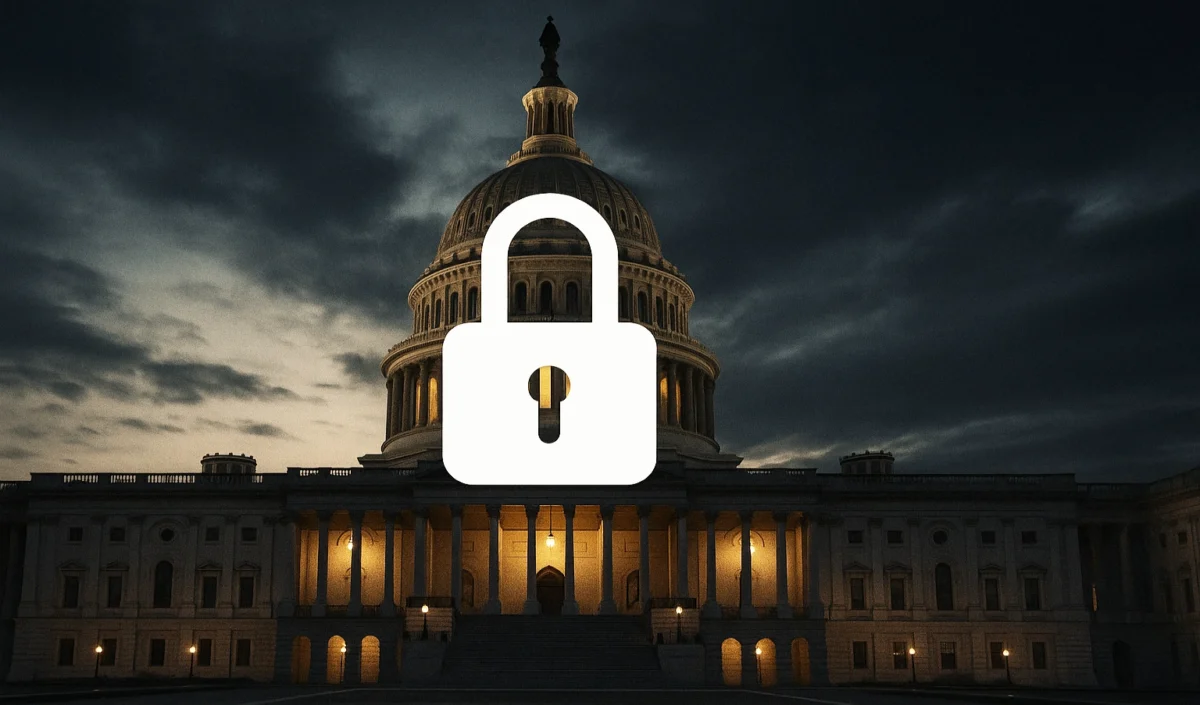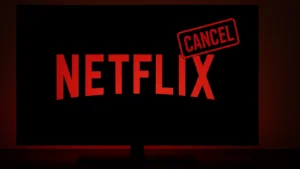As Washington barrels toward a new fiscal deadline, the big question on many minds is: is the government going to shut down? A possible government shutdown looms, with Democrats, Republicans, and President Trump at the center of tense negotiations. This article breaks down the latest government shutdown news, explains what happens if a shutdown occurs, and looks at how the so-called Trump shutdown government scenario could unfold.
What Is a Government Shutdown?
A shutdown occurs when Congress fails to pass spending bills or temporary funding. Without that authority, agencies can’t legally operate fully. Mandatory programs like Social Security continue, but national parks, research agencies, and regulatory offices may close. The U.S. has faced shutdowns before, including the longest one in 2018–2019 under Trump (AP News).
Why Is a Shutdown Likely Now?
According to the latest government shutdown news reports, several sticking points drive the crisis:
- Partisan demands: Democrats want expanded healthcare subsidies, Republicans refuse to add them (Washington Post).
- Trump’s strategy: Observers say Trump could use a shutdown to push mass firings or expand executive power (Al Jazeera).
- Economic disruption: Travel, training, and hiring could be frozen — with ripple effects across industries (Reuters).
Is the Government Going to Shut Down?
The million-dollar question is whether this will be remembered as another Trump shutdown government moment. Republicans have proposed short-term bills, Democrats insist on policy changes, and Trump has already warned Democrats will “pay a political price” if no compromise emerges (Times of India). If no deal is reached by October 1, a shutdown begins automatically.
What Happens if the Government Shuts Down?
Shutdowns disrupt more than politics:
- Furloughs: Federal employees are sent home without pay.
- Service cuts: Parks, museums, and agencies close.
- Contract delays: Businesses tied to federal work lose money.
- Public frustration: Both parties face voter backlash.
These disruptions explain why government shutdown news dominates headlines every time a deadline approaches.
Frequently Asked Questions (FAQs)
Q1: What happens to Social Security during a government shutdown?
Social Security and Medicare payments continue because they are mandatory programs.
Q2: How long can a government shutdown last?
It depends on negotiations. The last major shutdown under Trump lasted 35 days, the longest in U.S. history.
Q3: Who is most affected by a shutdown?
Federal workers, contractors, small businesses relying on permits, and families who depend on government services are the hardest hit.
Conclusion
The U.S. faces another high-stakes showdown. Whether we see a Trump shutdown government moment or a last-minute deal, the debate isn’t just political theater — it directly affects millions of lives.
Key Takeaway: The answer to “is the government going to shut down” remains uncertain, but the risks — from economic pain to public frustration — are real.
Last Updated on October 18, 2025 by Lucy




